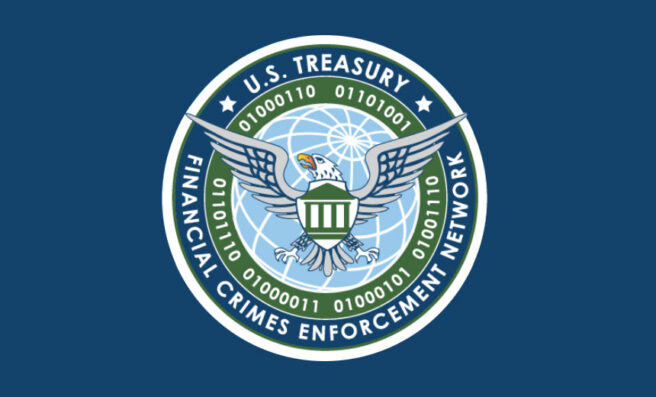
Enforcement Trends, Crypto, Regulatory Developments — and More
I am very pleased to co-chair again the Practicing Law Institute’s 2023 Anti-Money Laundering Conference on May 16, 2023, starting at 9 a.m. in New York City (the event also will be virtual).
I am also really fortunate to be working with co-chair Elizabeth (Liz) Boison








